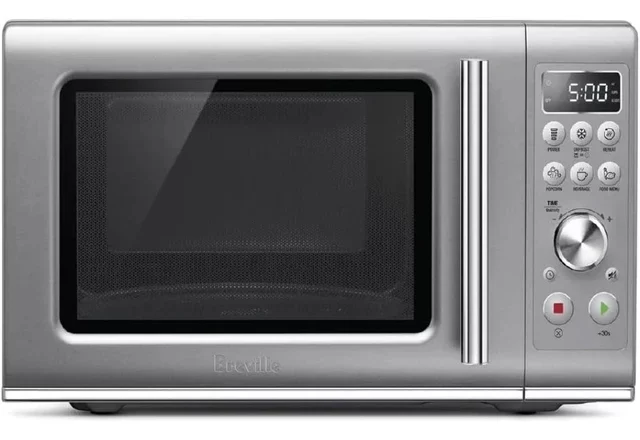Introduction:
Countertop microwaves are popular kitchen appliances known for their convenience and versatility in cooking and reheating food. While they offer numerous features and functionalities, one common question that arises is whether countertop microwaves have filters. In this article, we will explore the topic and discuss the presence, types, and purposes of filters in countertop microwaves. Understanding the role of filters in these appliances can help users make informed decisions about their maintenance and operation.
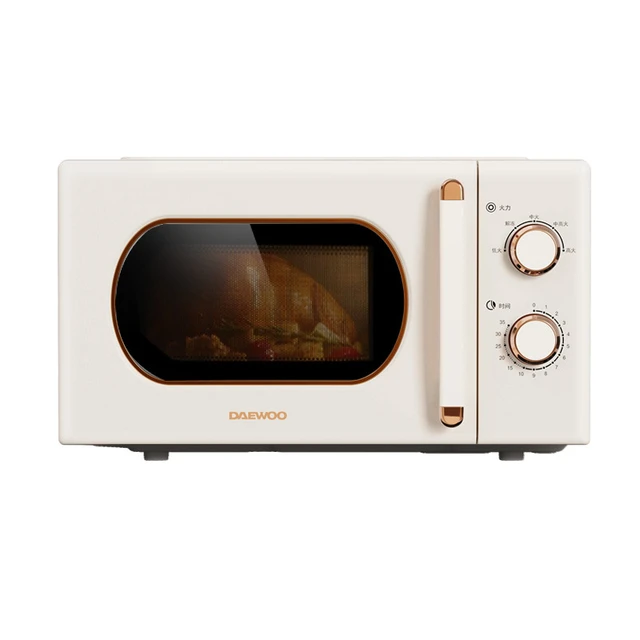
Do countertop microwaves have filters?
Importance of Filters in Microwaves:
Filters play a crucial role in countertop microwaves as they help maintain proper functioning and ensure the safety of the appliance and its users.
Filters help to trap and remove airborne particles, odors, grease, and smoke generated during the cooking process, improving air quality and preventing the accumulation of debris within the microwave.
Grease Filters:
Many countertop microwaves are equipped with grease filters to trap and reduce grease particles produced during cooking.
Grease filters are typically made of metal mesh or other materials designed to capture airborne grease particles, preventing them from circulating and accumulating within the microwave.
These filters are generally removable and washable, making them easy to clean and maintain.
Odor Filters:
Certain countertop microwaves may feature odor filters to help eliminate or reduce cooking odors.
Air Filters:
Some high-end countertop microwaves may include air filters to improve air quality in the kitchen by capturing airborne particles and impurities.
Air filters in microwaves can trap dust, dander, pollen, and other allergens, enhancing the overall indoor air quality.
These filters typically require periodic cleaning or replacement to maintain optimal performance.
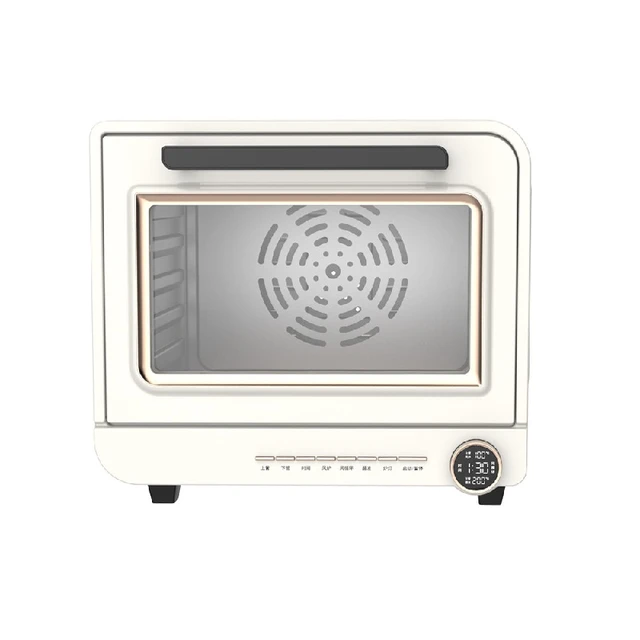
Location of Filters:
The specific location of filters in countertop microwaves can vary depending on the model and design.
Grease filters are commonly found near the exhaust fan or venting area of the microwave.
Odor filters may be integrated into the air circulation system or located near the exhaust vents to effectively neutralize cooking odors.
Air filters, if present, are typically located near the air intake or ventilation areas of the microwave.
Maintenance Alerts and Indicators:
Some countertop microwaves feature maintenance alerts or indicators to remind users when it is time to clean or replace the filters.
These alerts can be in the form of a digital display or audible signals, providing convenient reminders to ensure regular filter maintenance.
Paying attention to these alerts and promptly addressing filter maintenance can help maintain the microwave’s performance and prolong its lifespan.
Filter Replacement:
Over time, filters in countertop microwaves may become less effective or worn out. In such cases, they may need to be replaced.
Replacement filters can usually be purchased from the microwave’s manufacturer or authorized retailers.
It is important to refer to the microwave’s user manual or contact the manufacturer for specific instructions regarding filter replacement to ensure compatibility and proper installation.
Models without Filters:
While many countertop microwaves are equipped with filters, it is important to note that not all models may have them.
Some basic or budget-friendly models may not include filters as a feature.
It is advisable to check the specifications or consult the product information provided by the manufacturer to determine if a specific countertop microwave has filters.
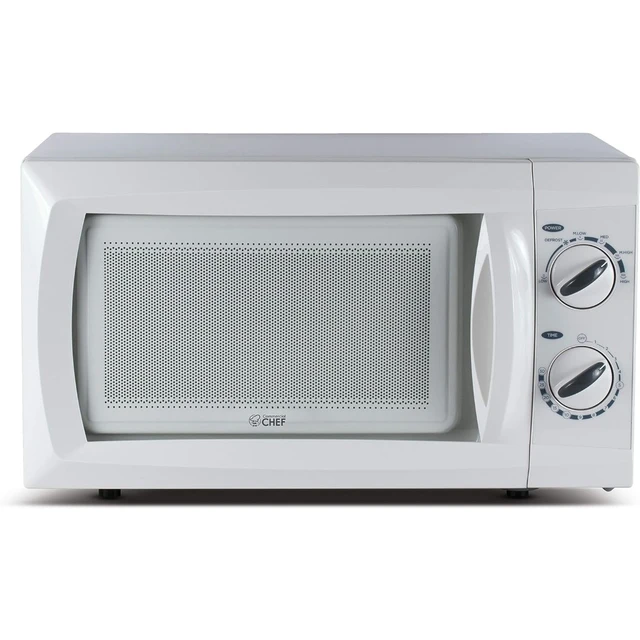
Benefits of Filters in Countertop Microwaves:
The presence of filters in countertop microwaves offers several benefits to users.
Improved Air Quality: Filters help remove airborne particles, odors, and grease, contributing to better air quality in the kitchen during and after cooking.
Reduced Maintenance: Filters help prevent the accumulation of debris and grease within the microwave, resulting in reduced cleaning and maintenance requirements.
Longer Lifespan: Proper filter maintenance can contribute to the overall longevity and optimal performance of the microwave.
Enhanced Safety:
Countertop microwave filters enhance safety during cooking by preventing grease accumulation and reducing fire risks.
Grease filters prevent grease buildup, reducing the risk of fire and other safety hazards.
Odor filters eliminate strong cooking odors, creating a pleasant kitchen environment and reducing discomfort.
Air filters, if present, remove allergens, improving air quality and making the kitchen healthier.
Improved Cooking Performance:
The presence of filters in countertop microwaves can also positively impact cooking performance.
Grease filters prevent grease from settling on the microwave’s internal components, ensuring optimal heat distribution and preventing potential damage from grease buildup.
By reducing the presence of strong cooking odors, odor filters help maintain the natural aroma. And flavors of the food being cooked or reheated.
Air filters contribute to cleaner air circulation, enabling the microwave to operate more efficiently and potentially leading to more consistent cooking results.
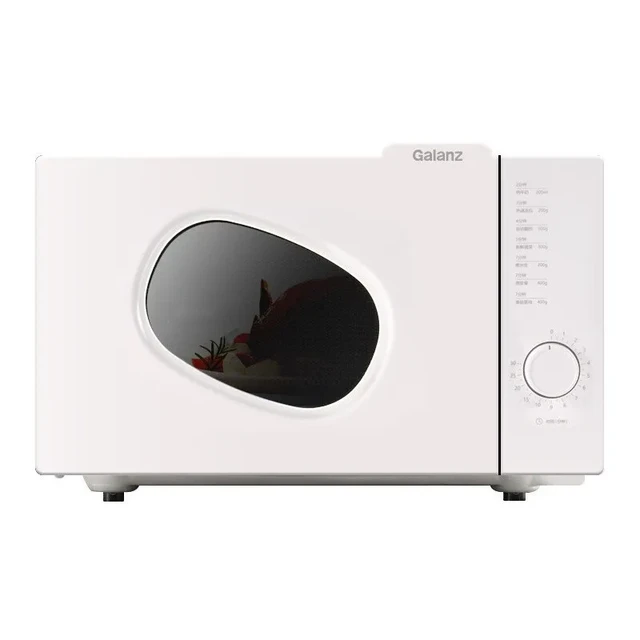
Customizable Filtration Options:
Some countertop microwaves offer customizable filtration options, allowing users to adjust the intensity or effectiveness of the filters based on their preferences or specific cooking needs.
This feature can be particularly useful when dealing with strong cooking odors or when cooking foods with high grease content.
Customizable filtration options offer flexibility and allow users to tailor the filtration process to suit their individual requirements.
Energy Efficiency:
While filters in countertop microwaves primarily focus on air quality and safety, they can indirectly contribute to energy efficiency as well.
By preventing the accumulation of debris and grease within the microwave, filters help maintain optimal airflow and heat distribution.
This optimized performance can lead to more efficient cooking, reducing energy consumption and potentially lowering electricity costs over time.
Environmental Considerations:
Countertop microwaves with filters can also have positive environmental implications.
By capturing and trapping grease particles, filters prevent them from being released into the air or accumulating within the microwave’s internal components.
This can reduce the environmental impact associated with grease emissions and promote a cleaner and healthier indoor environment.
Considerations for Filter Maintenance:
To ensure the effectiveness of filters in countertop microwaves, regular maintenance is essential.
Follow the manufacturer’s instructions for cleaning or replacing the filters according to the recommended schedule.
Cleaning grease filters regularly prevents clogging and maintains their performance. Washable filters can typically be cleaned with warm soapy water or placed in the dishwasher.
Replace disposable filters or those with activated charcoal as recommended by the manufacturer to ensure optimal odor or air filtration.
Regular maintenance of filters not only enhances the microwave’s functionality but also prolongs its lifespan and ensures the best possible cooking experience.
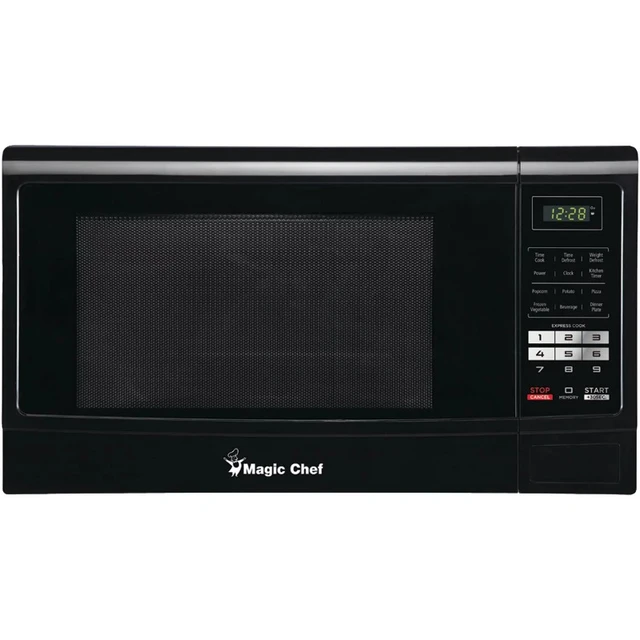
Conclusion:
Filters in countertop microwaves, such as grease filters, odor filters, and air filters, provide numerous benefits to users, including enhanced safety, improved air quality, and better cooking performance. These filters help trap grease particles, eliminate cooking odors, and capture airborne impurities, enhancing the overall kitchen experience.

